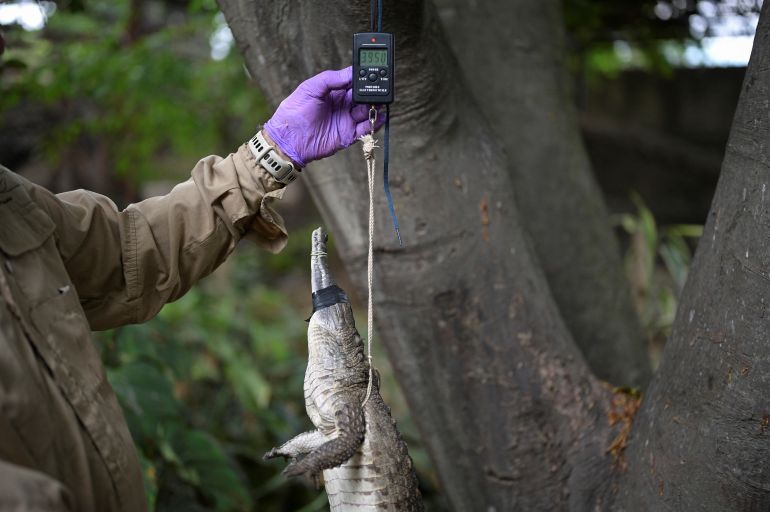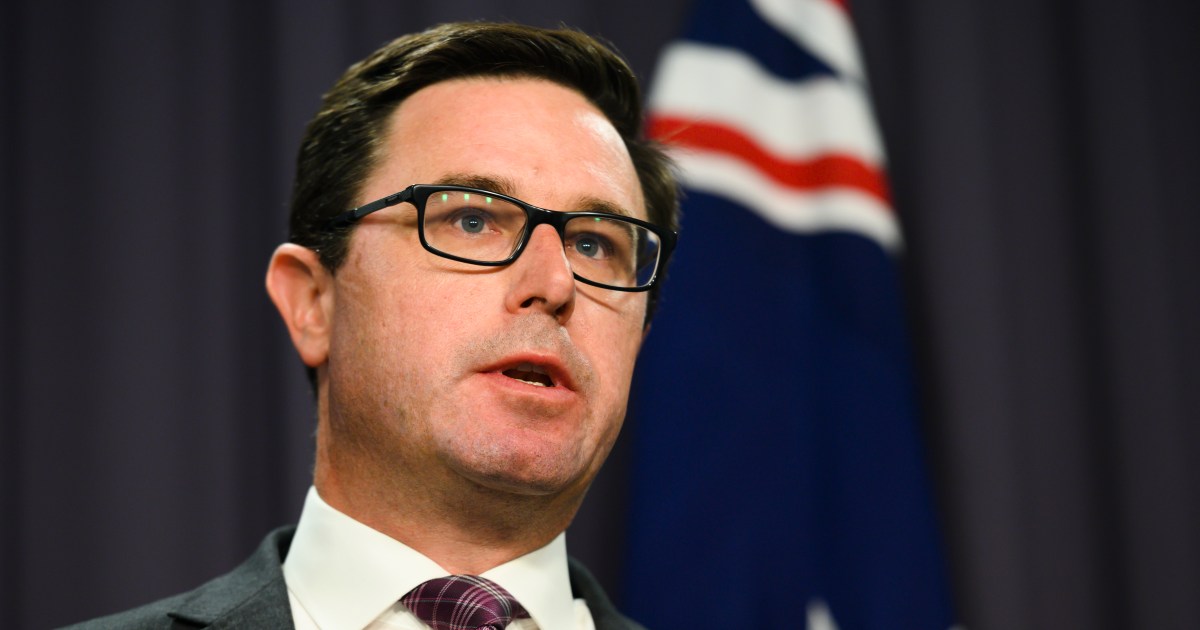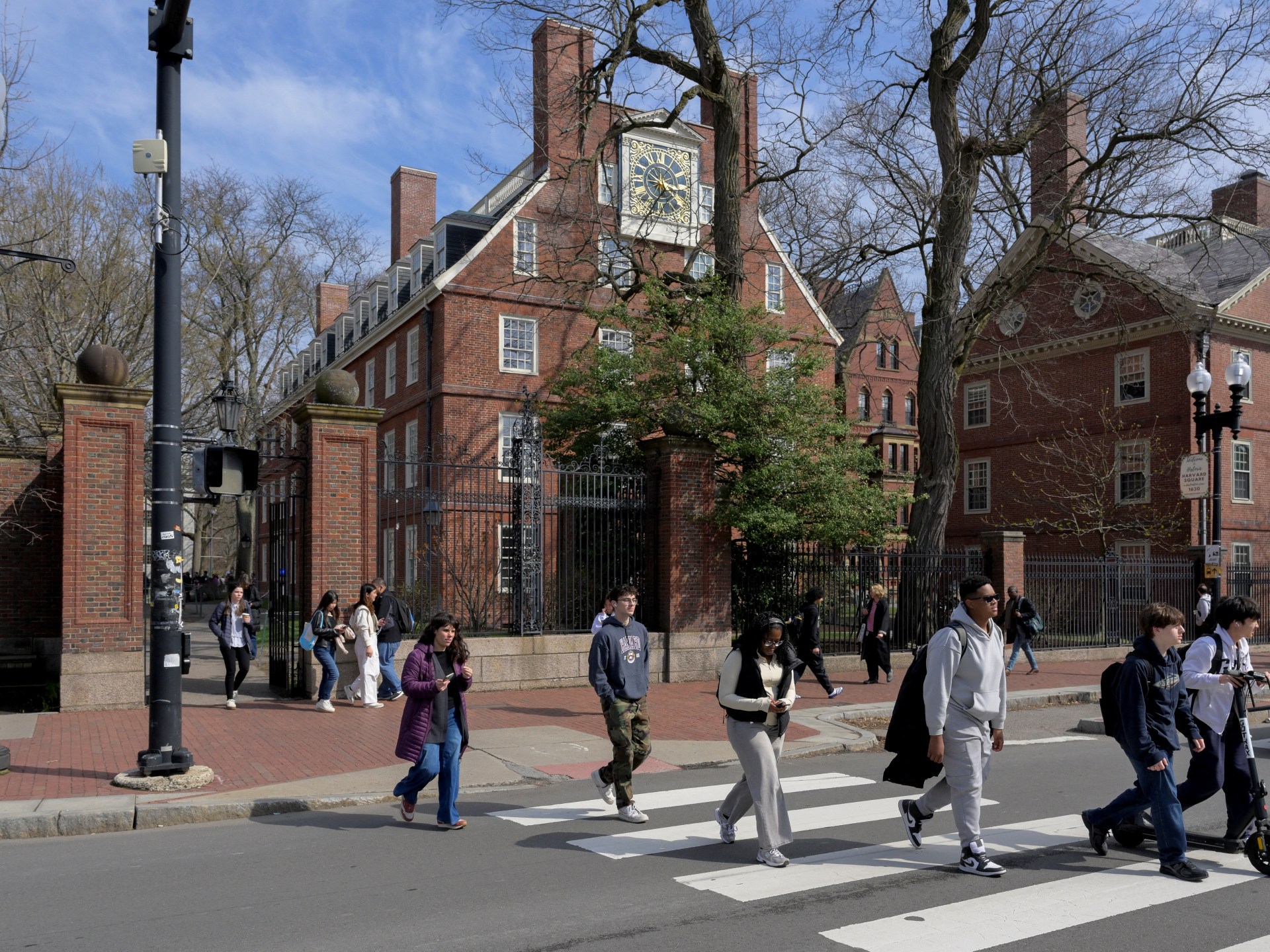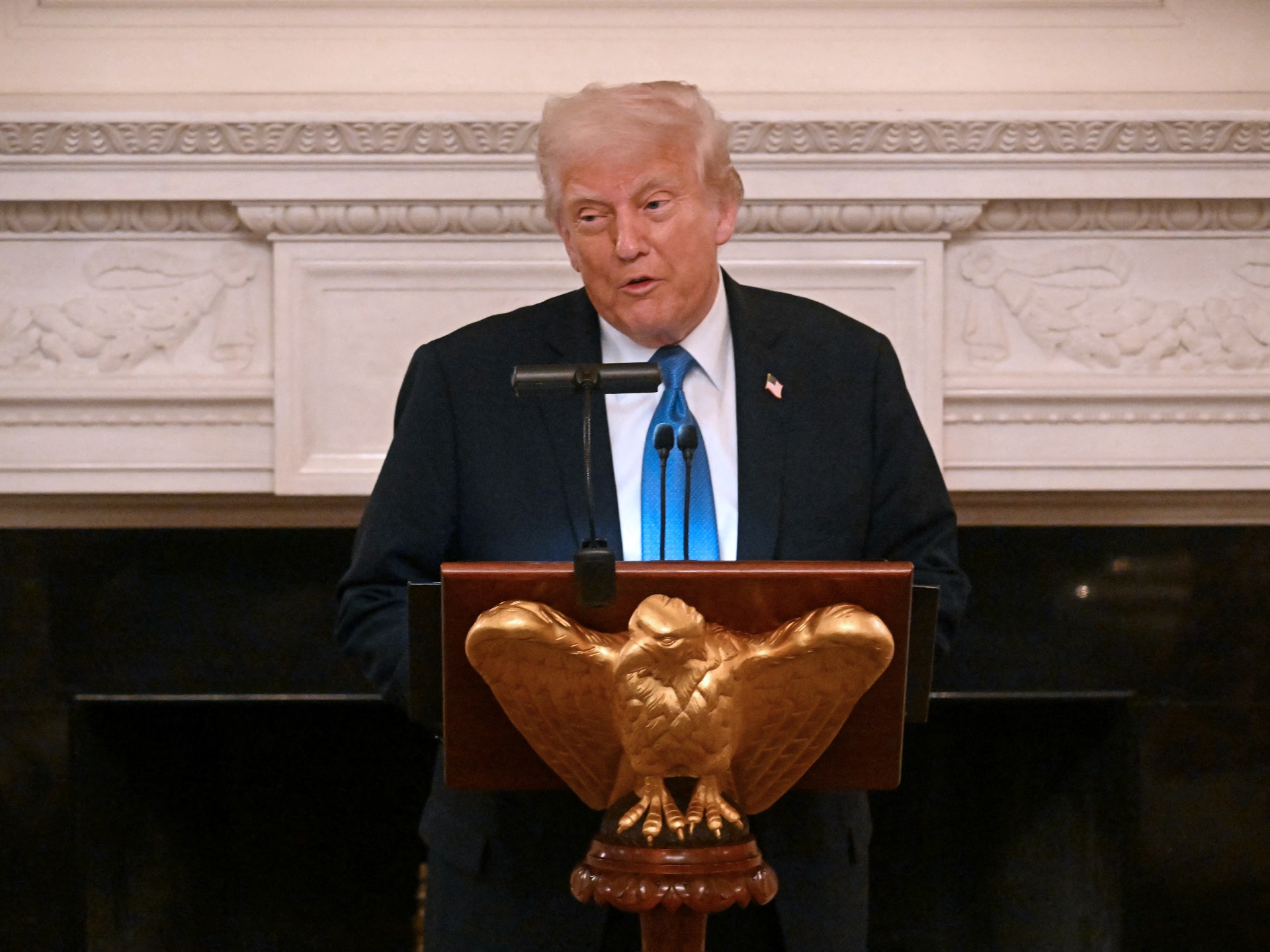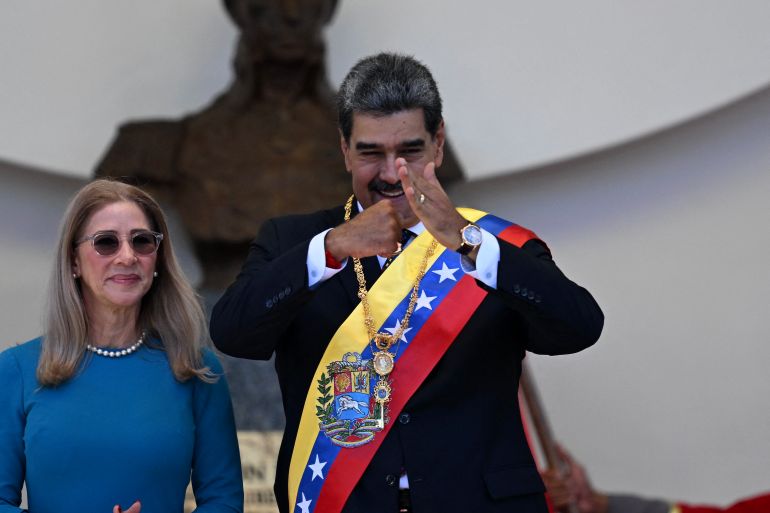Venezuelan biologist Carlos Alvarado, 34, grips a young crocodile with one hand on its neck and the other on its tail. Armed with tape and callipers, he measures the animal, monitoring its growth just days before it is due to be released into the wild.
Alvarado’s journey – and that of the Orinoco crocodile under his care – is a testament to hope and determination amid overwhelming odds.
Fewer than 100 Orinoco crocodiles, one of the world’s largest living reptiles, remain in the wild, according to the Venezuelan conservation foundation FUDECI. The species’ natural habitat encompasses the Orinoco River basin, which covers much of Venezuela and stretches into Colombia.
For decades, members of the Venezuelan Crocodile Specialist Group have reared this critically endangered species in captivity, racing against time to prevent its extinction.
Yet, they now fear they are losing the battle. Once pushed to the verge of extinction by poaching for their leather, Orinoco crocodiles now face a new threat: Desperate Venezuelans who hunt the animals for meat and harvest their eggs for food.
Federico Pantin, 59, is not optimistic. He serves as director of the Leslie Pantin Zoo in Turmero, near Caracas – a facility specialising in endangered species and one of the few places where crocodile hatchlings are raised.
“We’re only delaying the Orinoco’s extinction,” he says.
Nevertheless, Pantin and his colleagues persevere: Researching, measuring, transporting.
The team records nesting sites for the long-snouted Orinoco crocodile, collecting eggs or hatchlings. They also maintain breeding programmes for adults kept at the zoo and at Masaguaral Ranch, a biodiversity centre and cattle farm near Tamarindito in central Venezuela.
The young are fed chicken, beef and vitamins, reaching about 6kg (13lb) by the time they are a year old.
Adult Orinocos can exceed 5 metres (16ft) in length and live for decades – a 70-year-old named Picopando resides at Masaguaral Ranch.
At the Leslie Pantin Zoo, Omar Hernandez, 63, biologist and head of FUDECI, tags the foot of a hatchling. Saving the species, he says, would require multiple efforts: Research, protection, education and management.
“We are doing the management, collecting the hatchlings, raising them for a year and freeing them,” he says. But “that is practically the only thing being done. And it is not being done at scale.”
Each year, the group releases about 200 young crocodiles into the wild.
The biologists wait until the animals reach a year old, a critical period in their lives, Hernandez explains. During this time, “almost all are hunted.”
In April, scientists released this year’s batch. The young crocodiles, with their jaws bound, were placed in crates and transported from the zoo to the Capanaparo River in western Venezuela, near the Colombian border, where human settlements are sparse. This part of the river runs through private land, lowering the risk that the animals will be hunted immediately.

Alvaro Velasco, 66, placed tape over the eyes of a juvenile to help it remain calm during transport.
“People ask me, ‘Why crocodiles? They’re ugly,’” says Velasco, president of the Crocodile Specialist Group. “To me, they’re fabulous animals. You release them and they stay there, looking at you, as if to say, ‘What am I supposed to do in this huge river?’ And then they swim off.”
Pick-up trucks carried the scientists, crocodiles and volunteers along muddy tracks to a camp by the river, where the team spent the night sleeping in hammocks. The following morning, the crocodiles were gently lifted from their crates and carried to the water’s edge. The juveniles slipped into the muddy, green-tinged river.
“Maybe many of these animals are going to be killed tomorrow or the day after tomorrow because of a lack of awareness among people and of course because of hunger,” says Hernandez. He echoes Pantin’s fears that the Orinoco crocodile may ultimately be doomed.
But, he adds, “we’re stubborn. It’s a way of delaying extinction and it’s something that is in our capacity to do. If we waited for the perfect circumstances, they would never come.”
